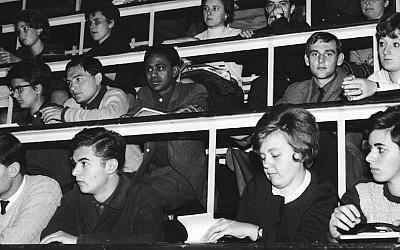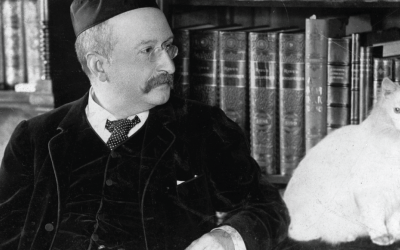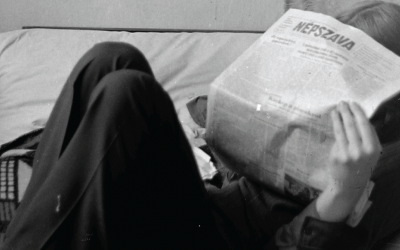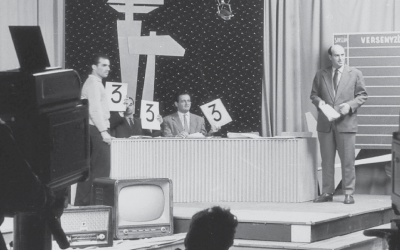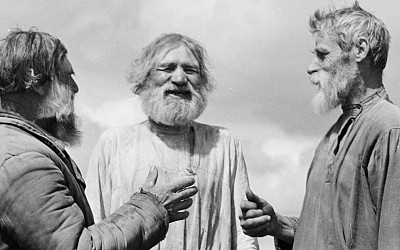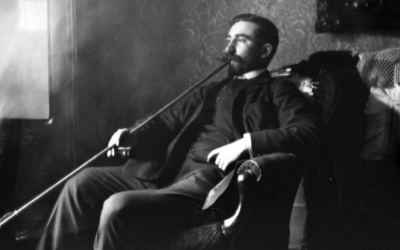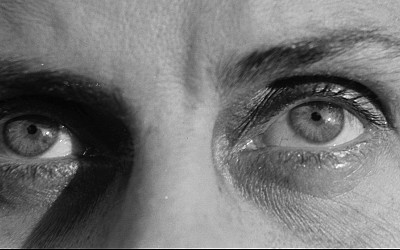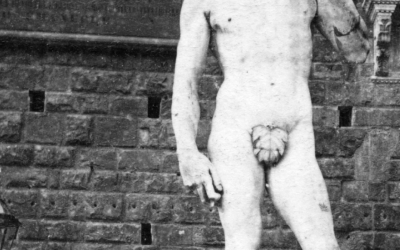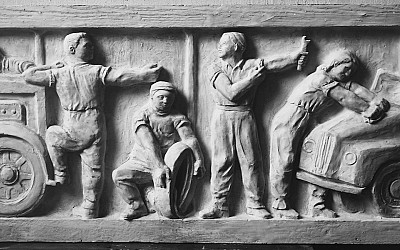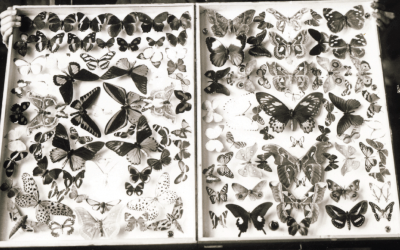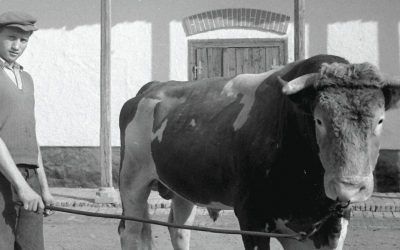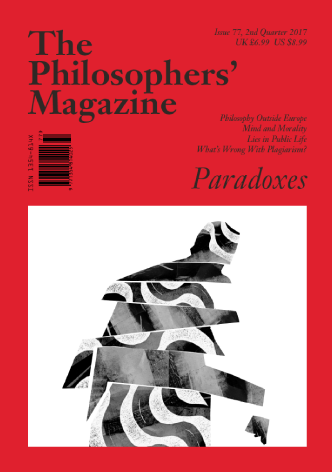Essays
Latest | Popular
-
John Corvino argues that the claim "That's just your opinion" is pernicious and should be consigned to the flames.
-
Aaron James offers a cognitivist conjecture, which sheds light on foul language generally.
-
Peter Boghossian and James Lindsay argue that philosophers must be scientifically informed.
-
Helen Steward argues that in thinking about free will, it is essential to consider the capacities of animals.
-
John M. Doris, Edouard Machery and Stephen Stich on why ethicists ought to listen
-
David W. Concepción’s Top Ten Pointers
-
Kristie Miller on the paradox of time travel.
-
C. Thi Nguyen on what drives him up a wall
-
On the fiftieth anniversary of Gettier’s famous paper, Fred Dretske explains what we should have learned from it.
-
Chris Meyns on a glaring omission
-
Philosophers who think everyday morality is objective should examine the evidence, argues Joshua Knobe.
-
Lani Watson on a project that’s revealed some unexpected answers
-
Dale Jacquette asks why cannabis and philosophy.
-
Owen Flanagan and Gregg D. Caruso on a new search for meaning
-
Berit Brogaard on parenting, autonomy and life-satisfaction.
-
Iddo Landau explains how to avoid them
-
Jennifer Saul on Trump’s surprisingly careful linguistic choices, and why they matter.
-
John Danaher argues that work is a bad thing
-
Mary Midgley on mistakes in our thinking about evolution, function, and self.
-
Matthew Meyer on a book that charts the rise of the American asshole.
-
Jean Kazez on when we really arrive on the scene
-
John Corvino argues that the claim "That's just your opinion" is pernicious and should be consigned to the flames.
-
Aaron James offers a cognitivist conjecture, which sheds light on foul language generally.
-
Peter Boghossian and James Lindsay argue that philosophers must be scientifically informed.
-
Helen Steward argues that in thinking about free will, it is essential to consider the capacities of animals.
-
John M. Doris, Edouard Machery and Stephen Stich on why ethicists ought to listen
-
David W. Concepción’s Top Ten Pointers
-
Kristie Miller on the paradox of time travel.
-
C. Thi Nguyen on what drives him up a wall
-
On the fiftieth anniversary of Gettier’s famous paper, Fred Dretske explains what we should have learned from it.
-
Chris Meyns on a glaring omission
-
Philosophers who think everyday morality is objective should examine the evidence, argues Joshua Knobe.
-
Lani Watson on a project that’s revealed some unexpected answers
-
Dale Jacquette asks why cannabis and philosophy.
-
Owen Flanagan and Gregg D. Caruso on a new search for meaning
-
Berit Brogaard on parenting, autonomy and life-satisfaction.
-
Iddo Landau explains how to avoid them
-
Jennifer Saul on Trump’s surprisingly careful linguistic choices, and why they matter.
-
John Danaher argues that work is a bad thing
-
Mary Midgley on mistakes in our thinking about evolution, function, and self.
-
Matthew Meyer on a book that charts the rise of the American asshole.
-
Jean Kazez on when we really arrive on the scene
The Philosophers’ Magazine is an independent quarterly, founded by Julian Baggini and Jeremy Stangroom in 1997. We’re devoted to publishing philosophy that’s clear, enlightening, and thought-provoking.
Copyright © 2017 The Philosophers' Magazine Unless specified, images courtesy of FORTEPAN



